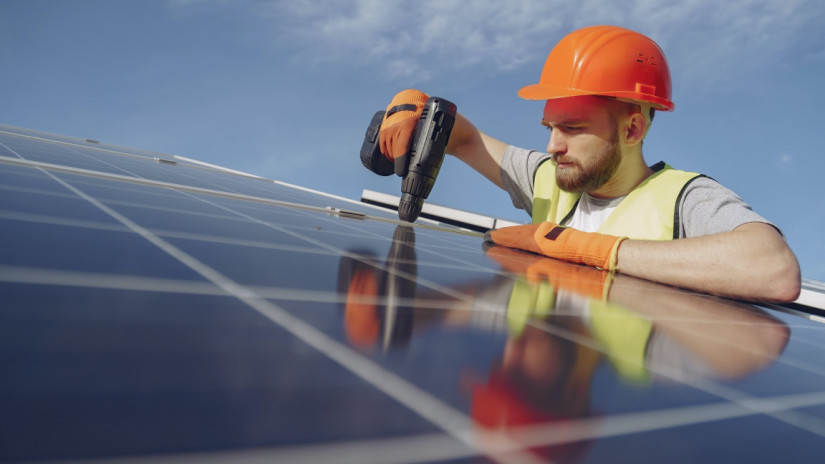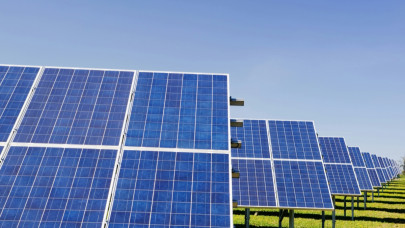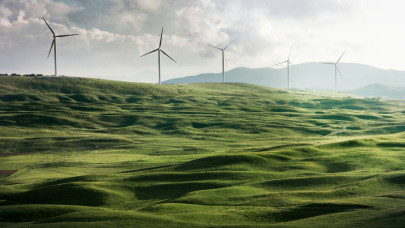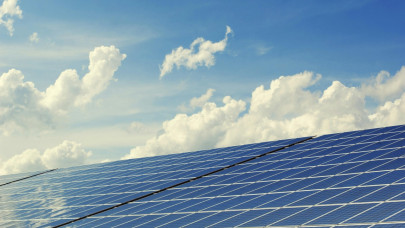The second project, "Ptolemaida 4", will have a capacity of 50 MW/100 MWh and will be built on the site of former lignite mines in Ptolemaida.
Both stations will use liquid-cooled batteries featuring cutting-edge LFP (lithium iron phosphate) technology, designed to enhance energy efficiency and ensure high operational safety. Commissioning is scheduled for later this year.
These BESS units are intended to support the adjacent solar parks and contribute to the overall stability of the national power grid. By integrating such systems, the PPC Group aims to optimize energy output from renewable sources and fully capitalize on their generation potential.
Aligned with its commitment to phasing out lignite and supporting the energy transition, PPC is investing in flexible and innovative solutions to strengthen energy production management and improve grid resilience and security.
As part of its 2025–2027 investment plan, PPC targets the commissioning of 600 MW in energy storage capacity across Greece and Southeast Europe, with several projects already underway.
Two months ago, PPC also launched the construction of a 25 MW/55 MWh storage system in Bulgaria. This facility will back a new 165 MW photovoltaic park in Stara Zagora and enhance local grid stability.
According to Konstantinos Mavros, Deputy CEO of PPC Renewables, “The projects we are rolling out will define the future of Greece's energy system. Global investment in energy storage is key to unlocking the full potential of renewables while ensuring grid reliability. PPC is at the forefront of this transformation and will continue to expand its investments in flexible generation systems.”
PPC Renewables, a wholly owned subsidiary of the PPC Group, drives the company's renewable energy strategy. A pioneer in wind and solar energy since the 1980s, PPC Renewables is actively contributing to innovation in Southeast Europe, including in battery energy storage. Currently, the PPC Group manages a renewable energy portfolio of 6.2 GW installed capacity across Greece, Romania, Italy, and Bulgaria. The Group plans to increase this to 11.8 GW by 2027.











